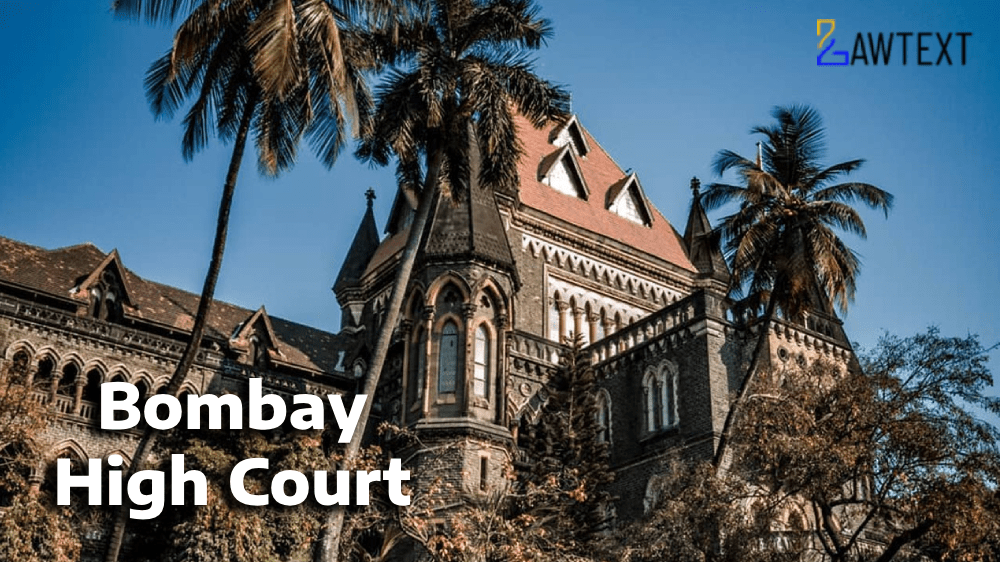CASE NOTE & SUMMARY
1. Introduction and Case Background:
- Facts: The appellants were convicted for gang rape under Sections 376(2)(g), 366A, 292, 500, and 506 (II) of the IPC and under Section 67 of the IT Act. They were sentenced to life imprisonment and other penalties for different charges.
- Appeal: The appellants challenged the conviction, focusing on the admissibility of electronic evidence and delay in lodging the FIR by the victim.
2. Facts as per Prosecution:
- Incident Date: July 1, 2011.
- Crime Location: Gokuldham, Goregaon, Mumbai.
- Incident Description: A video showing the gang rape was aired on India TV. Accused No. 1 committed the rape, while Accused No. 2 filmed the crime and shared the video. Other juveniles also participated by holding the victim.
- Victim’s Testimony: The victim identified the accused and the location in the video. She disclosed the incident after her family learned about the video from the news.
3. Evidence Presented:
- Electronic Evidence: A CD (Article 8) containing the video recording of the rape was presented. The defense questioned the admissibility of the CD since no Section 65-B certificate was produced.
- Testimonies: Testimonies of the victim, medical officers, witnesses, and police officers were recorded. Key evidence included the victim's statement, medical examinations, and seizure of the accused’s clothing and knife used during the crime.
4. Defense Arguments:
- The defense argued the delay in the victim lodging the complaint was unnatural, and the medical evidence did not strongly support rape allegations.
- The main argument was around the admissibility of the video (Article-8), claiming that it was inadmissible without the Section 65-B certificate required for electronic evidence.
5. Prosecution's Rebuttal:
- The prosecution highlighted that the defense did not raise objections about the electronic evidence during the trial stage. As per precedents, objections to electronic evidence raised at a belated stage are not allowed, especially if the trial was completed before the 2014 ruling in Anvar P.V. vs. P.K. Basheer.
6. Court's Judgment:
- Admissibility of Electronic Evidence: The court ruled that since the trial concluded before the 2014 judgment that mandated strict compliance with Section 65-B for electronic evidence, the video could still be admitted as evidence under the law at the time.
- Delay in Reporting: The court considered the victim’s fear due to threats from the accused and her concern for her father's health as reasonable explanations for the delayed report.
Acts and Sections Discussed:
-
Indian Penal Code (IPC):
- Section 376(2)(g): Gang Rape.
- Section 366A: Procuration of a minor girl.
- Section 292: Sale, etc., of obscene books, etc.
- Section 500: Defamation.
- Section 506(II): Criminal intimidation.
-
Information Technology Act, 2000:
- Section 67: Publishing or transmitting obscene material in electronic form.
-
Indian Evidence Act, 1872:
- Section 65-B: Admissibility of electronic records.
Ratio (Legal Principle): The court held that objections regarding the mode of proving electronic evidence must be raised at the trial stage, and if not done, such objections cannot be entertained later in appellate proceedings. Additionally, even without a Section 65-B certificate, electronic records were admissible during the time when the trial was conducted under the then-prevailing legal provisions.
Subjects:
Criminal Law, Electronic Evidence, Rape, Admissibility of Evidence.
Gang rape, Section 376 IPC, IT Act Section 67, Delay in FIR, Section 65-B certificate, Criminal Appeal.
Citation: 2024 LawText (BOM) (10) 106
Case Number: CRIMINAL APPEAL NO. 575 OF 2014 WITH CRIMINAL APPEAL NO. 990 OF 2014
Date of Decision: 2024-10-10
Case Title: Rajesh Sangamlal Jaiswal Versus The State of Maharashtra
Before Judge: REVATI MOHITE DERE & SHYAM C. CHANDAK, JJ.
Advocate(s): Mr. Yashpal Thakur, a/w Mr. Mukund Pandya, for the Appellant in Appeal/575/2014. Mr. Ashish Dubey, i/b Mr. Rishi Bhuta, for the Appellant in Appeal/990/2014. Mrs. Kranti T. Hiwrale, APP, for the Respondent-State.
Appellant: Rajesh Sangamlal Jaiswal
Respondent: The State of Maharashtra

